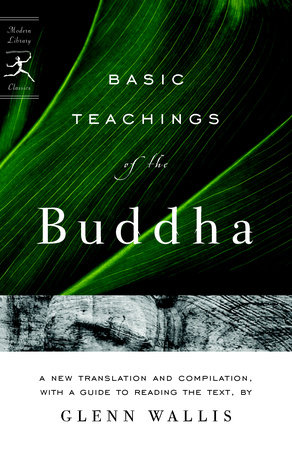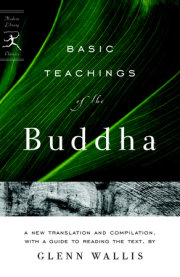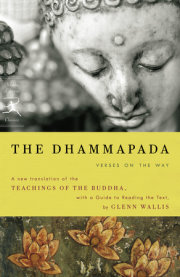Sutta 1
The Hawk
Saku.nagghi Sutta; Sa.myuttanik¯aya 5.47.6
ji
The Buddha related this story to a group of his followers.
Once, in the distant past, a hawk suddenly swooped down and seized a quail. As the quail was being carried away by the hawk, it lamented, “How unfortunate I am, what little merit I possess to have wandered out of my natural habitat into a foreign domain. If I had wandered within my native domain today, within my own ancestral, natural habitat, this hawk would certainly not have been a match for me in battle.”
“What is your native domain, quail? What is your own ancestral, natural habitat?” asked the hawk.
The quail answered, “That clod of earth freshly tilled with a plow.”
Then the hawk, not boasting about its own strength, not mentioning its own strength, released the quail, saying, “Go, quail; but having gone there, you cannot escape me.”
Then the quail, having gone to the clod of earth freshly tilled with a plow, climbed onto the large clod of earth and, standing there, said to the hawk, “Come get me now, hawk, come get me now!”
Now the hawk, not boasting about its own strength, not mentioning its own strength, folded up its wings and suddenly swooped down on the quail. When the quail fully realized that the hawk was coming, it got inside that clod of earth. And the hawk, striking against it, suffered a blow to its chest.
So it is when someone wanders out of his or her natural habitat into a foreign domain. Therefore, do not wander out of your natural habitat into a foreign domain. Death will gain access [1.1]* to the person who has wandered out of his or her natural habitat into a foreign domain, death will gain a footing.
Now, what is for you a foreign domain, outside of your natural habitat? It is the fivefold realm of sensual pleasure [1.2]. Which five? Forms perceptible to the eye, which are pleasing, desirable, charming, agreeable, arousing desire, and enticing; sounds perceptible to the ear, which are pleasing, desirable, charming, agreeable, arousing desire, and enticing; scents perceptible to the nose, which are pleasing, desirable, charming, agreeable, arousing desire, and enticing; tastes perceptible to the tongue, which are pleasing, desirable, charming, agreeable, arousing desire, and enticing; tactile objects perceptible to the body, which are pleasing, desirable, charming, agreeable, arousing desire, and enticing. This is for you a foreign domain, outside of your natural habitat. Death will not gain access to the person who lives within his or her native domain; within his or her own ancestral, natural habitat, death will not gain a footing. Now, what is your native domain, your own ancestral, natural habitat? It is the foundation of present-moment awareness [1.3] in four areas [1.4]. What are the four areas? Now, being ardent, fully aware, and mindful, and having put down longing and discontentment toward the world, live observing the body in and as the body, live observing feelings in and as feelings, live observing mind in and as mind, and live observing mental qualities and phenomena in and as mental qualities and phenomena.
ji
This is your native domain, your own ancestral, natural habitat.
* Numbers refer to notes in the Guide.
Copyright © 2007 by Buddha. All rights reserved. No part of this excerpt may be reproduced or reprinted without permission in writing from the publisher.





